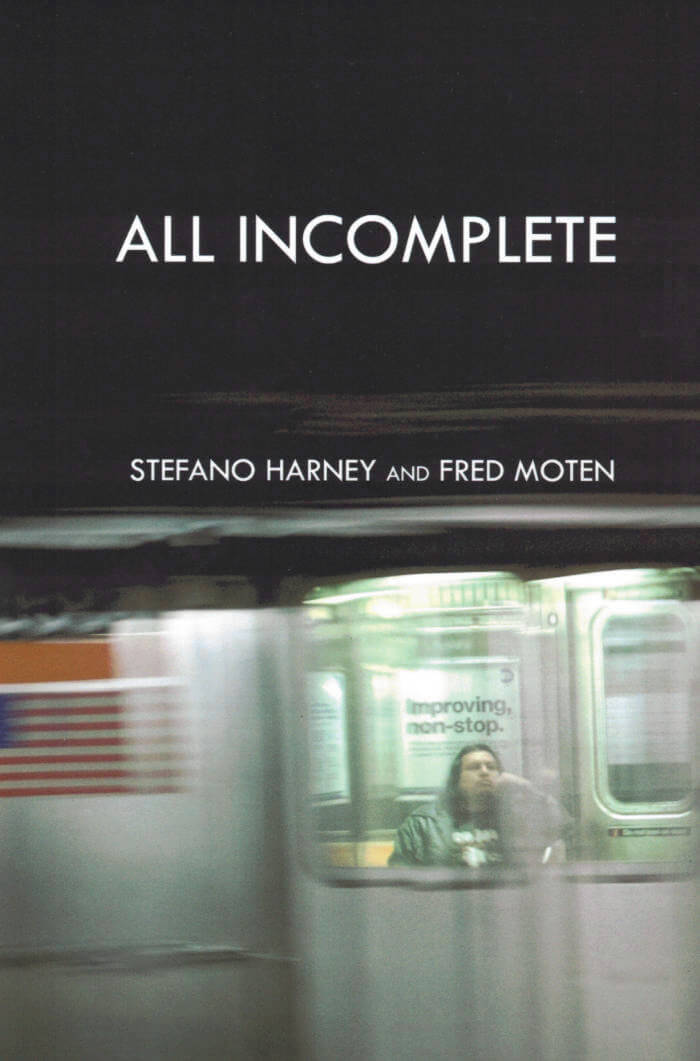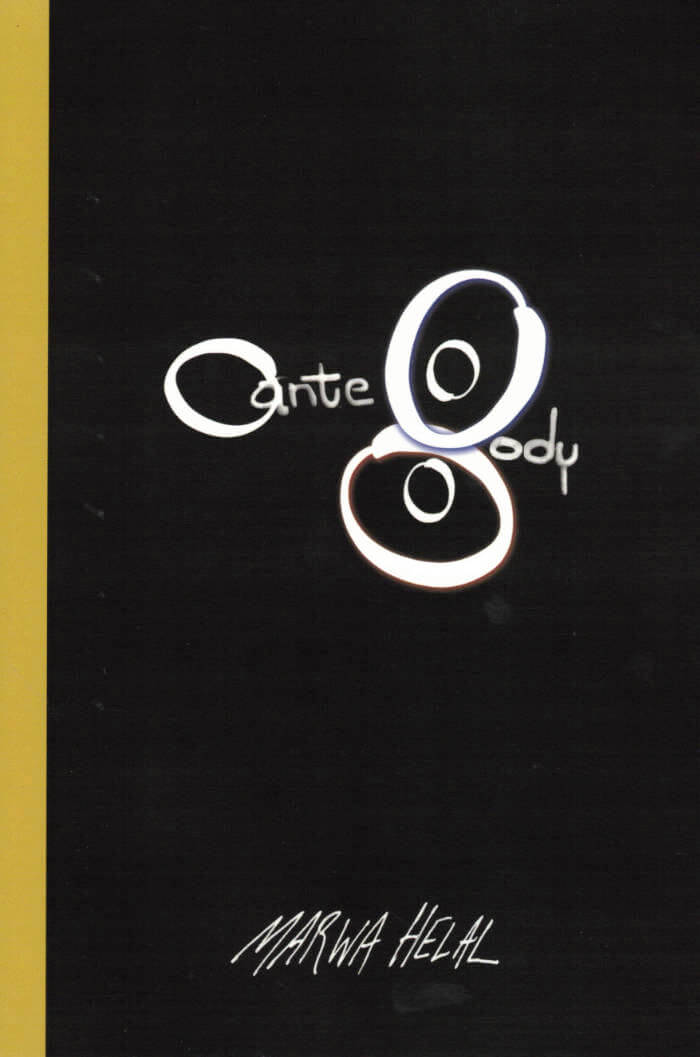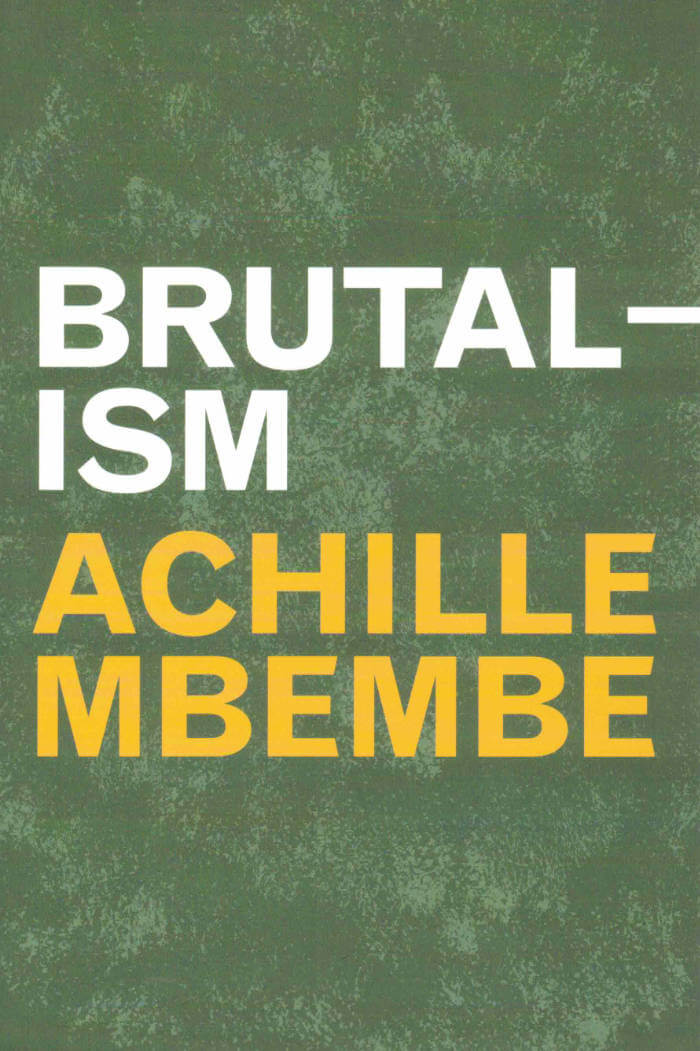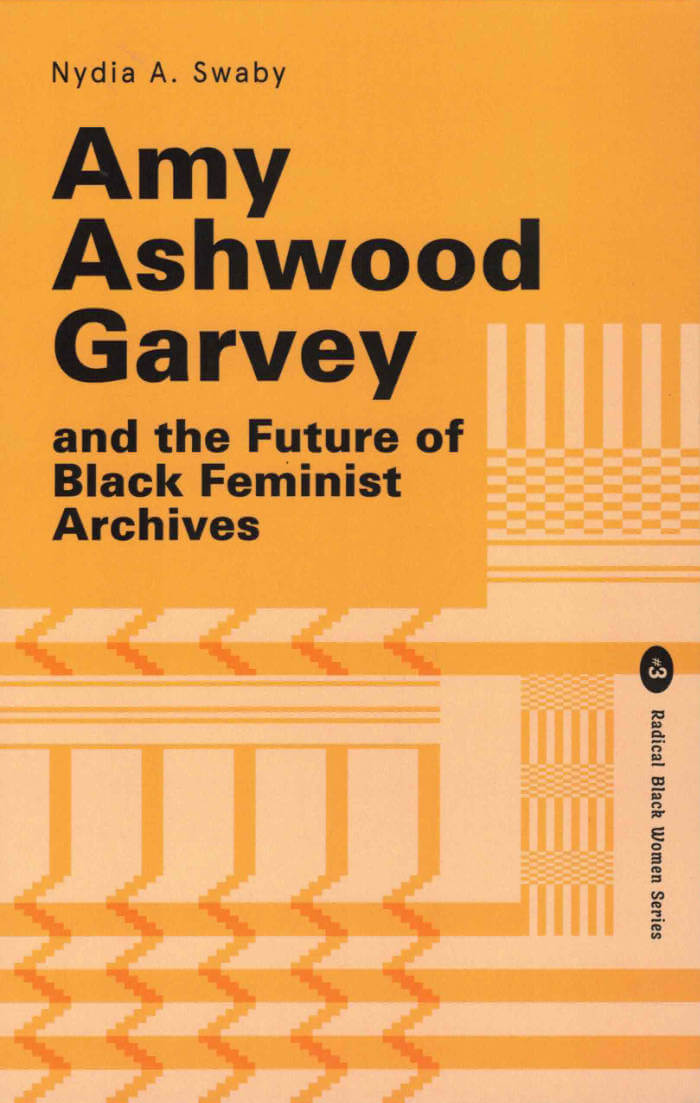Visions of the contested future of AI veer between common planetary goals and a new Cold War as culturally-specific models of intelligence, speculative traditions, and thought experiments come up against the emergence of novel forms of cognition that cannot be reduced to any historical cultural tradition.
This uniquely-positioned volume provides expert insight into this tension, using China as a touchstone for rethinking ‘artificiality’ and ‘intelligence’ as sites of difference in a way that is already present in the difficulty of precisely translating the Chinese term 人工智能.
Spanning borders between different worlds, histories, futures, and foundational models, Machine Decision is Not Final is not only a timely reappraisal of the stakes of AI development, but a toolbox for constructing more global imaginaries for the future of AI.
Moving beyond the clichés that still dominate the contemporary debate, this interdisciplinary, cross-cultural collection decenters familiar narratives to provide a fresh perspective on what artificial intelligence is today, and what it might become.
Contributors: Blaise Agüera y Arcas, An Bo, Benjamin Bratton, Chen Qiufan, Gabriele de Seta, Shuang L. Frost, Vincent Garton, Steve Goodman, Yvette Granata, Anna Greenspan, Amy Ireland, Bogna Konior, Vincent Lê, Lawrence Lek, Lukáš Likavčan, Suzanne Livingston, Iris Long, Bingchun Meng, Reza Negarestani, Wang Hongzhe, Regina Kanyu Wang, Xin Wang, Xia Jia, You Mi.








